
Kawai, Rajasthan
Capacity: 1320 MW Type: Coal Based
Adani Power’s Kawai plant is one of the largest power plants in Rajasthan with a generation capacity of 1320 MW (2X660 MW). It is a coal-based thermal power plant based on Supercritical technology. The Kawai plant was commissioned in 2013 under Adani Power Rajasthan Limited (APRL), a Special Purpose Vehicle established by Adani Power Limited (APL). Subsequently, APRL was amalgamated with APL in March 2023 under a Scheme of Amalgamation, with effective date of 1st October 2021.
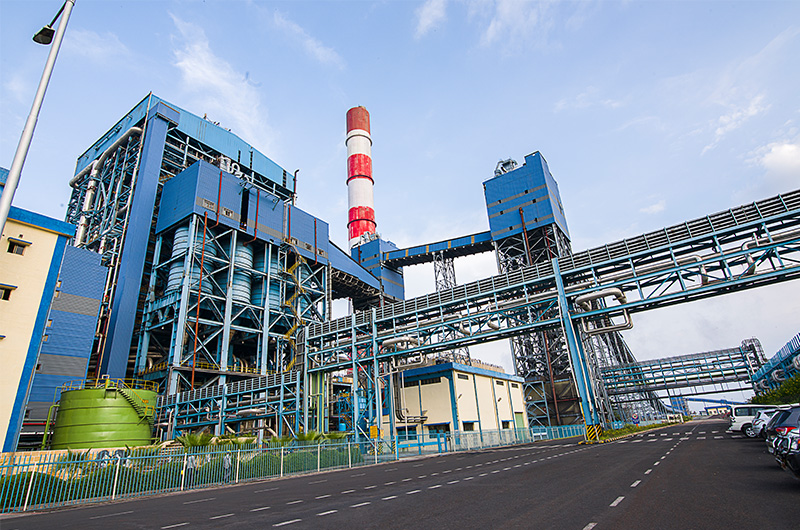
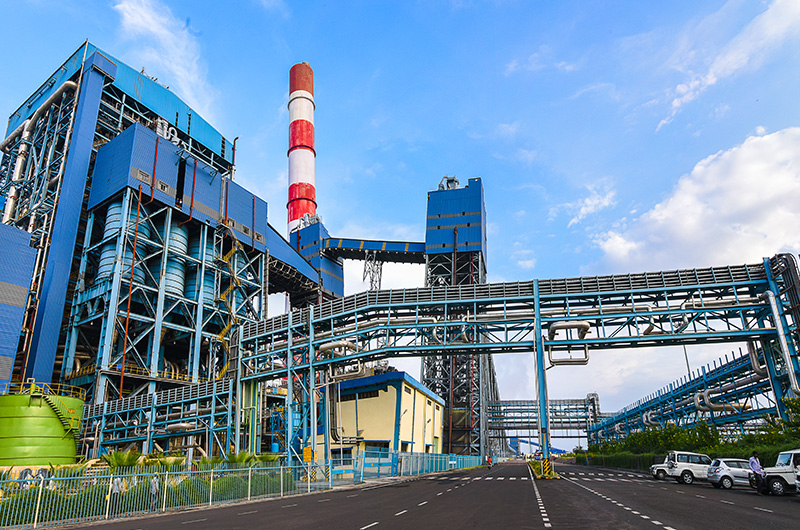
Location
The plant is located at village Kawai in Atru Tehsil of Baran district in the state of Rajasthan. It is located at a distance of 16 Km from Atru towards 50 Km south of District headquarter of Baran and 300 KM from State capital, Jaipur. The plant is surrounded by six villages, viz: Kherli Gadiyan, Dara, Nimoda, Phul-barod, Chhatrapura and Kawai. Nearest railway station is Salpura, which is 3 km from the plant. Kota Junction is the major railway station and is 111 KM near to Kawai. For immediate connectivity, Kawai has a 1500m long air strip and is using state of the art technology for environment management.
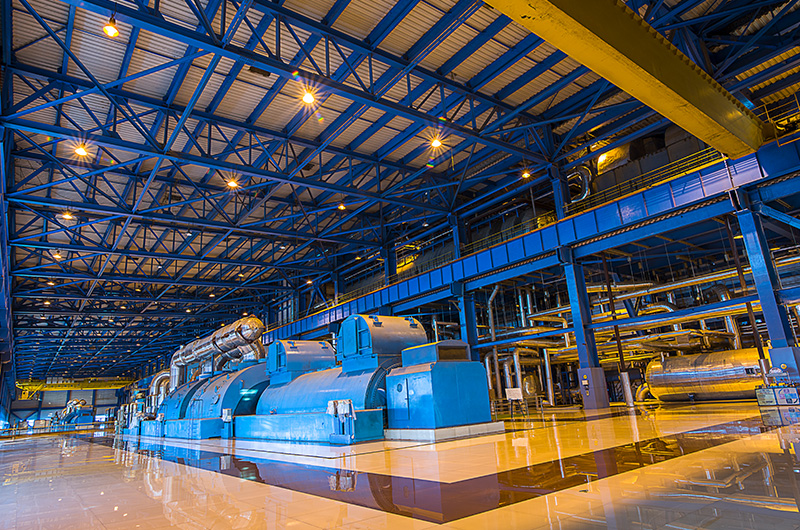
Plant Details
The plant is located on 812 hectares of land which houses the major equipment such as boilers, turbines, generators, transformers, switchyards, cooling towers, coal handling plant, ash handling plant, CW pump house, track hopper, wagon tippler, reservoirs, ESP, WTP, Ash dykes etc. This also includes 30 hectares for the township and 25 hectares for the water pipeline.
Power Purchase Agreement
The Kawai plant has tied up 1200 MW net capacity with Rajasthan state distribution companies under long-term power purchase agreements. Moreover, the Company has tied up 40 MW net capacity with Rajasthan distribution companies for an initial period of one year, which can be extended till the end of the tenure of existing power purchase agreements at the discretion of the distribution companies.
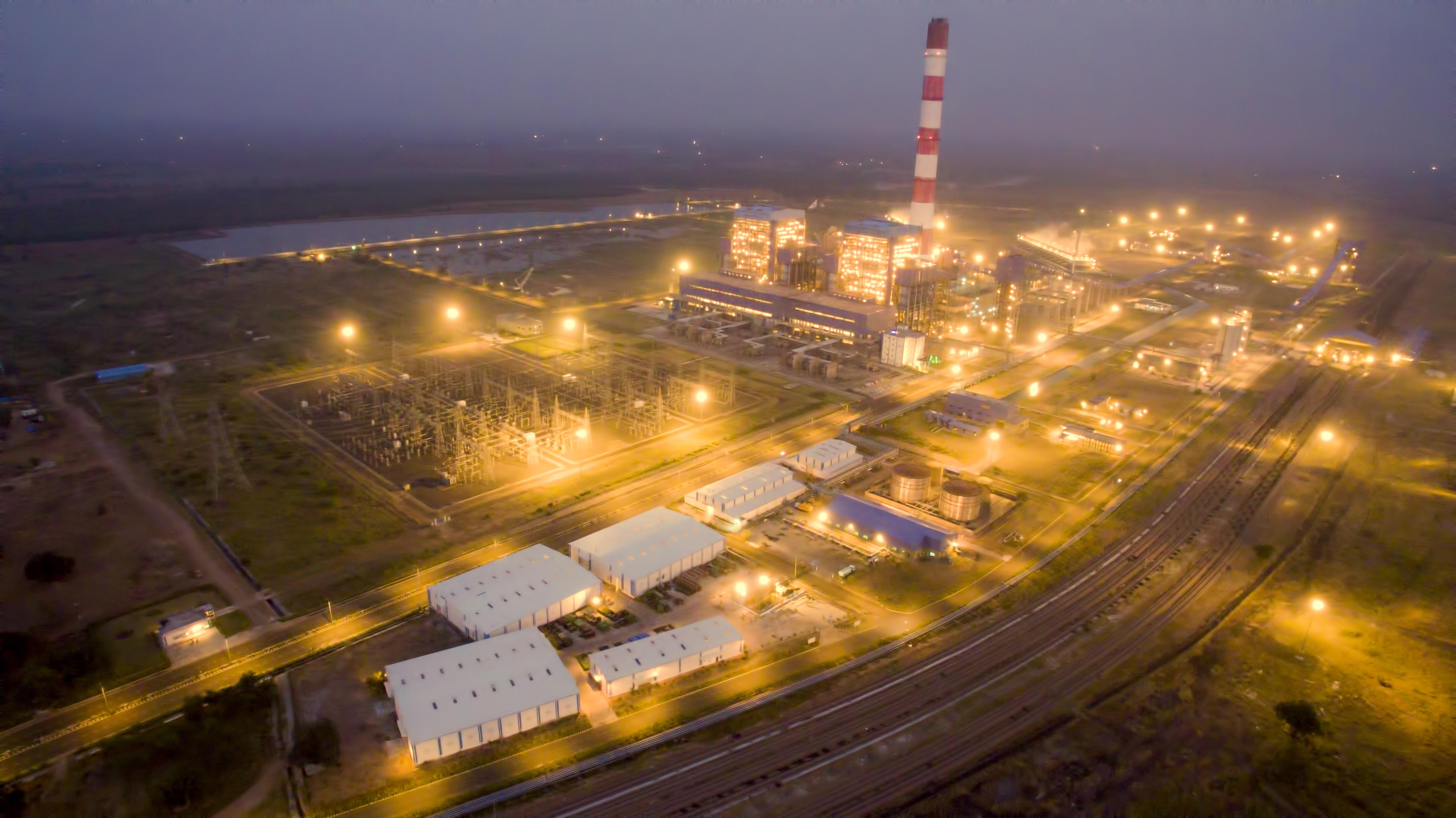
Achievements
- Kawai plant was honored by the Government of Rajasthan for Best CSR activities in Baran District.
- Kawai plant received an appreciation certificate from FICCI for demonstrating excellence in its Safety System.
- Kawai plant is certified with ISO 9001:2015 Quality Management System, ISO 14001:2015 Environment Management System, ISO 45001:2018 Occupational Health & Safety Management System, ISO 5000:2018 Energy Management System, ISO 55001:2014 Asset Management System, ISO 46001-2019 Water Efficiency Management System, ISO 27031:2011 Guidelines for information and communications technology readiness for business continuity, and ISO 22301:2019 Business Continuity Management System.
- The Kawai station won IMC RBNQ (Ramkrishna Bajaj National Quality) Performance Award 2022 for exemplary performance in the assessment by external assessors based on the business excellence framework.
- The Kawai power station achieved the highest ever generation of 8920.28 MU and highest plant load factor of 77.14% in FY 2022-23.
- It achieved the highest quarterly power generation of 2574 MU and a plant load factor of 88.33% during the third quarter of FY 2022-23.
- The plant’s unit-1 achieved the highest day plant load factor of 101.53% on 18th February 2023.
- The Kawai power station achieved the highest day plant load factor of 99.63% on 9th September 2022.
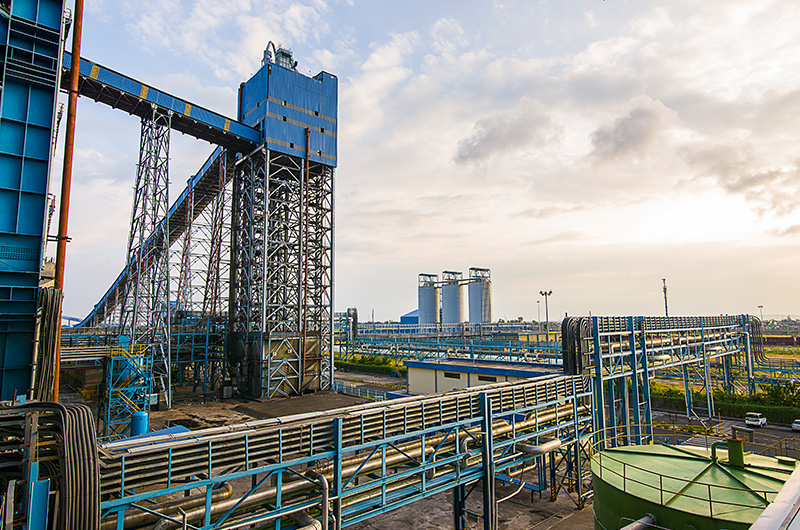
Fuel
The fuel requirement of the plant is presently met through sourcing of domestic coal up to 4.1 MTPA under Fuel Supply Agreement with subsidiary of Coal India Ltd. Balance requirement is met through coal available coal available under E-auction from various subsidiaries of Coal India Ltd. and Import.
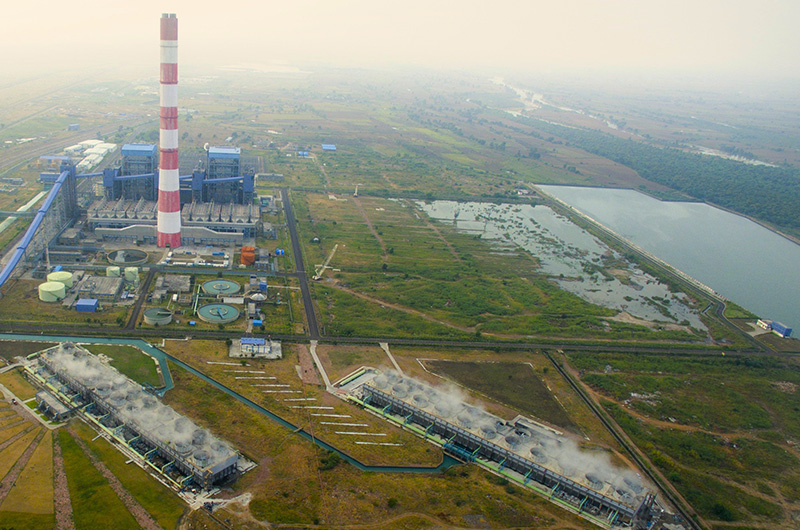
Water
Water is conveyed from a dam constructed by us through a network of pipelines and is recycled and reused in the plant processes.
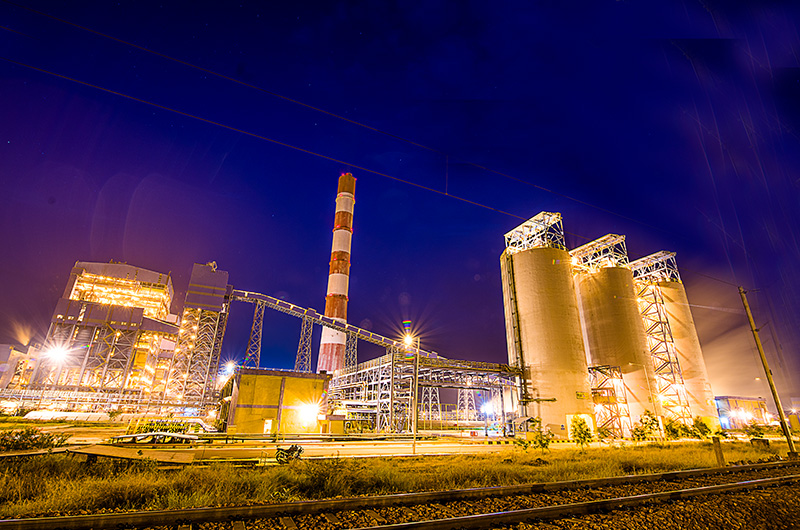
Ash Management
The fly ash that is generated in the processes is fully utilised by ancillary industries and the bottom ash is stored in an ash pond designed for the purpose.
Expansion plans
Phase-II Expansion Project
The capacity of the Kawai plant is being expanded by adding 2x800 MW (1600 MW) capacity based on Ultra-supercritical technology under the Phase-II Expansion Project. This will take the combined capacity of the power plant to 2920 MW upon completion of Phase-II. Ordering of main plant equipment for the Phase-II project has commenced.
)
)
)
)
)
)
)
)
)
)